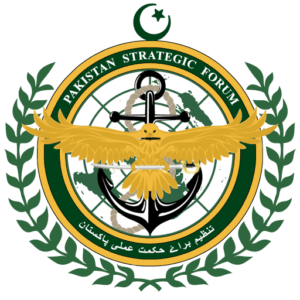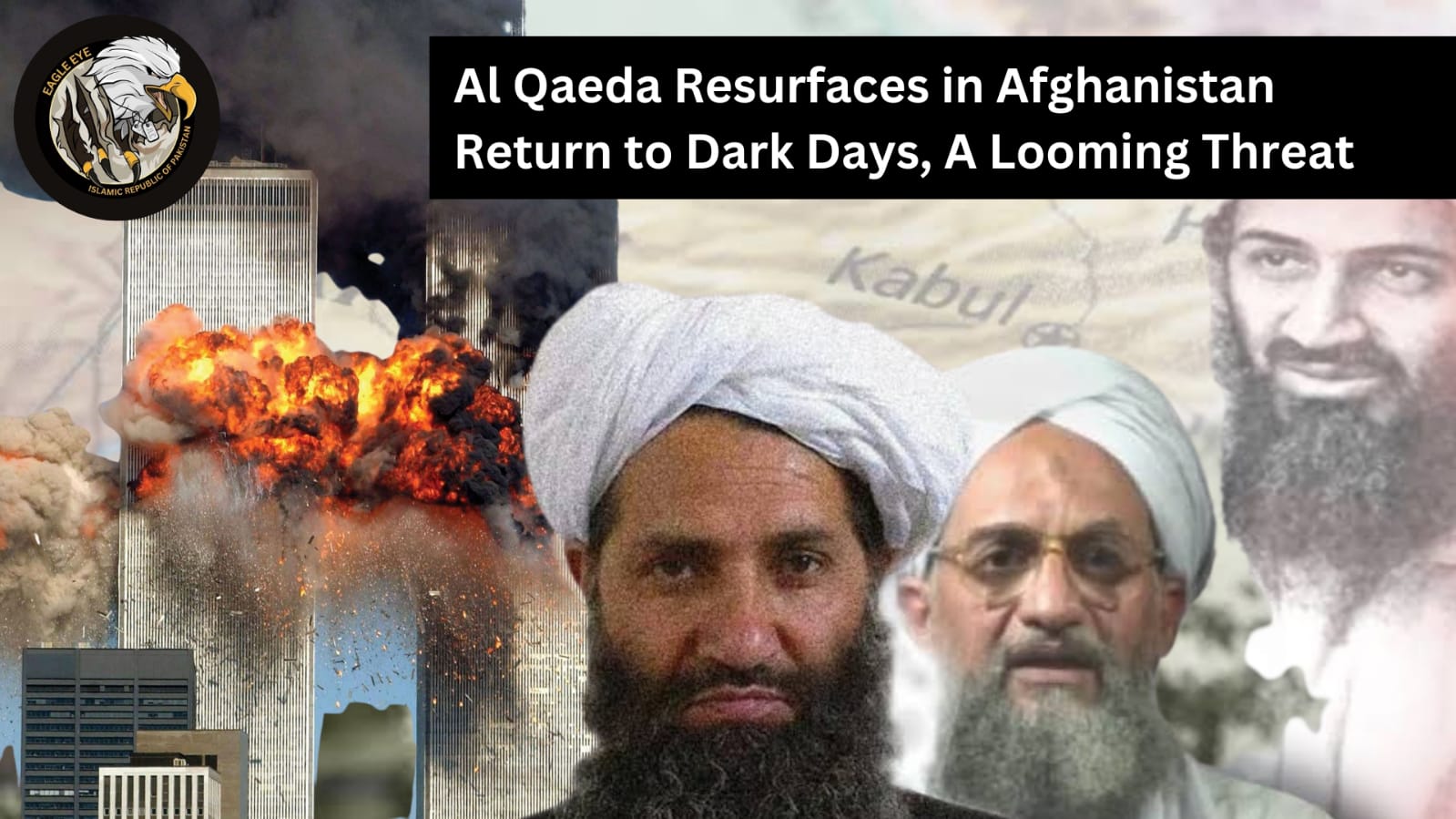Multilateralism is cooperation among countries getting together and trying to find peaceful solutions to common problems and challenges.
The best example would be climate change which does not respect national boundaries and does not discriminate based on race, ethnicity, nationality, and religion. Similarly, Global epidemics like Corona Virus is also a great challenge for the whole world. Traditionally when people talk about multilateral cooperation, they talk about global organizations such as the United Nations, International Monetary Fund the World Bank but in addition to these standing treaty-based bodies, the great powers and other countries are increasingly relying on a broader variety of multilateral institutions. A good example of this is the group of 20, composed of approximately the world’s 20 biggest economies and what the G20 symbolizes more than anything else is that we live in a new world where things can be simply arranged in the cozy boardroom of Western countries expand the table and bring in some of the new actors that are transforming the world.
COVID-19 & Multilateralism
This is the biggest international challenge since the Second World War. Covid-19 is a tragic reminder about how deeply connected the world is. It requires the world to work together as one human family and must do all that they can to save lives and economic and social devastation. Crucially the world needs to draw the appropriate lessons about the vulnerabilities and inequalities the virus has laid for us.
Before this pandemic, the World was facing on the profound transnational barriers, climate change was above all, but multilateralism is not only a matter of confronting shared threats, it is also seizing common opportunities. The World now can build back better than in the past and getting inclusive and sustainable economies and societies. It is not enough to proclaim the virtues of multilateralism, international cooperation must be adapted in these changing times. The World needs the networks multilateralism stressing coordination among all global multilateral organizations with regional words able to make their vital contributions to and the inclusive multilateralism based on deep interaction with civil society, businesses local and regional authorities and other stakeholders where the voice of use is decisive in shaping the future of the world and this key moment for international cooperation.
Multilateralism after COVID-19
COVID-19 has drastically changed the World order. A few months back, everything was running smoothly and then all of a sudden everything got stopped and this virus proved that it could cross the border quickly than the refugees and how quickly it can attack our social system. There are so many weak states which were at the receiving end of this pandemic and because of that, they have become weak to worst and this is an alarming situation for the world great powers that how they would react in a multilateral manner to help out the weaker states.
COVID-19 has re-underlined the significance of a multilateral way to deal with a reasonable turn of events. The most prompt and extreme parts of this emergency may end soon, yet its results, for individuals, economies, and our planet, will stay with us for quite a while. There is a need for significant modification of social and monetary framework. The significance of Multilateralism will be more than ever once this pandemic ends. It is hard to think about the future as every human on this planet carries the burden of this virus, but one thing is for sure that the future will be very different from the past we have known.
Author: Altamash Abrar
About Author: Altamash Abrar is a student of International relations at NUML, Islamabad.
Note: The views expressed in this article are the author’s own and do not necessarily reflect the editorial policy of Pakistan Strategic Forum.
Follow us on Twitter: @ForumStrategic
Follow us on Instagram: strategic_pak
Follow us on Reddit: r/PakStrategic
#TeamPakistanStrategicForum






